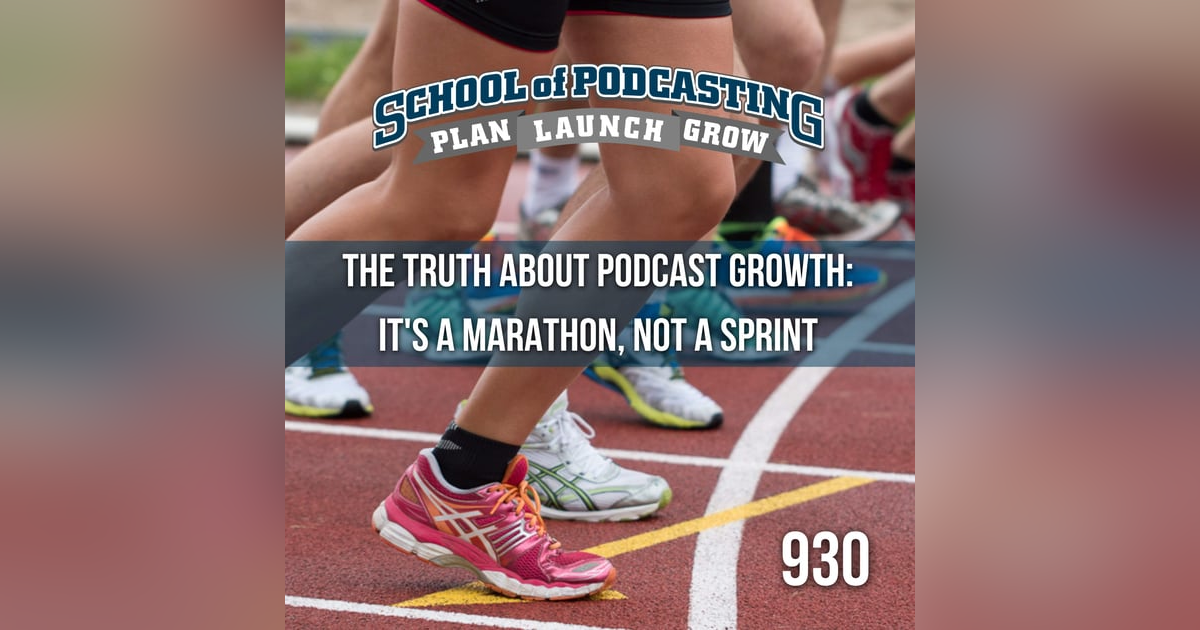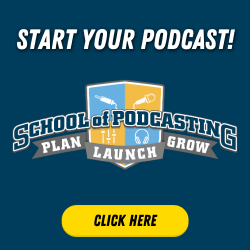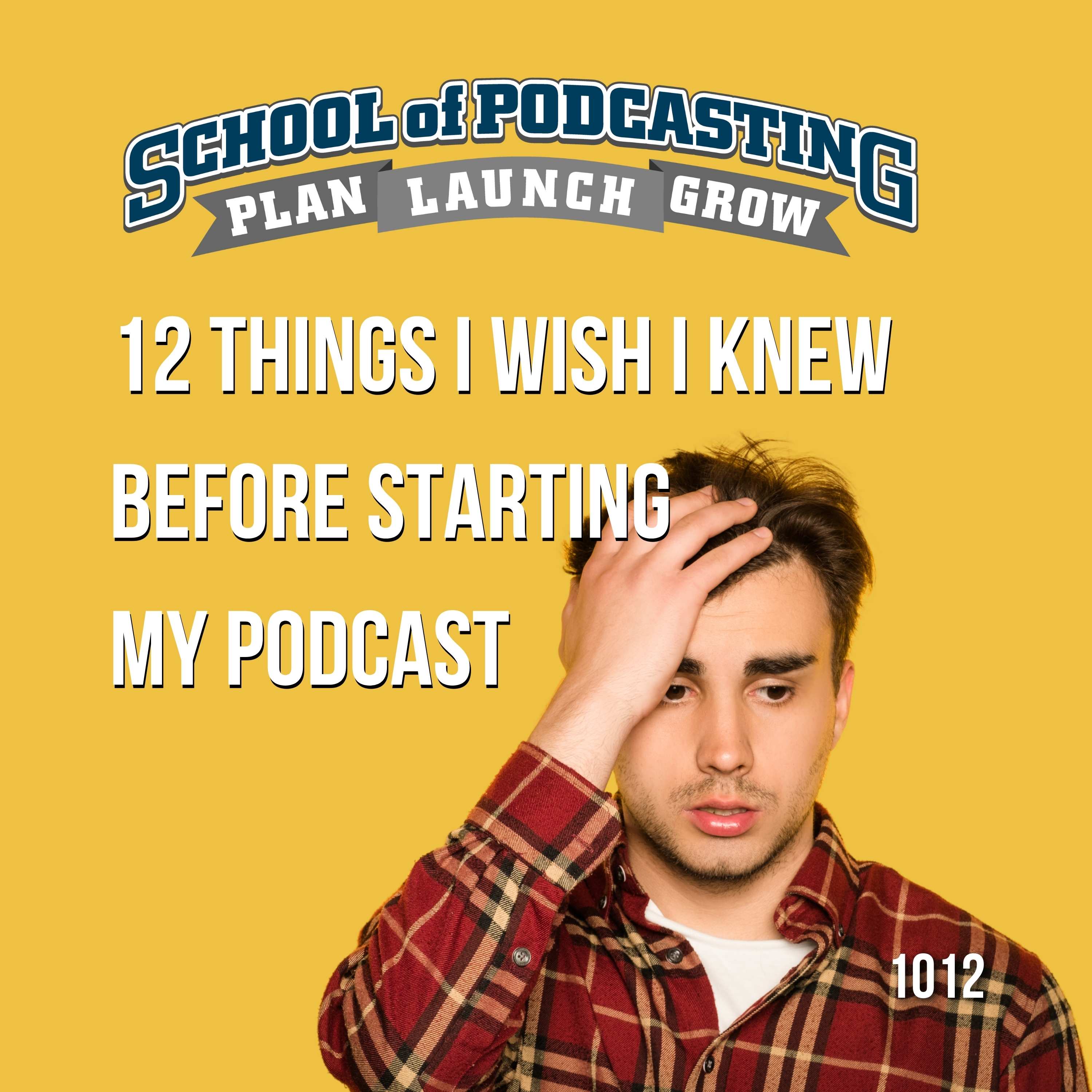The Truth About Podcast Growth: It's a Marathon, Not a Sprint

Today we do a deeper dive into why podcasters quit before getting to 10 episodes. What causes this? We also look at topics that can turn up the heat and controversies around your show.
JOIN THE SCHOOL OF PODCASTING COMMUNITY
Are you looking to start your own podcast but don't know where to begin? Look no further than the School of Podcasting. Our comprehensive online courses and one-on-one coaching will teach you everything you need to know, from equipment and editing to marketing and monetization. With our proven methods and expert instructors, you'll be creating high-quality, engaging content in no time. Say goodbye to the frustration and uncertainty, and hello to a successful podcasting career with the School of Podcasting. Join worry-free with our 30-day money-back guarantee.
Save using this link www.schoolofpodcasting.com/listener
Dave's New Show!
Check out yourpodcastwebsite.com or Follow the Show.
Chapter Markers:
00:00:00 - People Quit Too Soon. WHY? 00:00:38 - Opening 00:01:17 - Joe Rogan Overnight Success? 00:02:39 - Subscribers After 100 Episodes 00:03:30 - Mr. Beast 00:04:50 - 5 Million Dollars an Hour 00:06:12 - Downloads With No Promotion 00:08:09 - The Phone Book 00:09:12 - Downloads Equation 00:11:12 - More Fun Podcast Math 00:12:36 - More Ways To Measure Success 00:14:36 - Join the School of Podcasting 00:15:36 - Your Podcast Website https://www.yourpodcastwebsite.com 00:15:55 - The Invisible Benefit 00:17:00 - No Skin in the Game 00:18:11 - Too Hit In the Podcast Kitchen 00:20:26 - Big Companies with Small Sense 00:21:57 - Tim Poll Has Videos Removed 00:23:46 - No Shirt No Shoes No Service 00:26:07 - Rallying the Troops 00:28:24 - Think Like Me 00:28:57 - Here's a Question 00:29:30 - Celebrity Personas 00:32:27 - Dave Was JD 00:33:26 - Showtime 00:34:17 - Fake It Till Ya Make It 00:36:43 - Question of the Month
https://www.schoolofpodcasting.com/question 00:37:43 - Live Appearance https://www.schoolofpodcasting.com/where 00:38:16 - Start Out Aiming For Fun 00:39:52 - I Help Podcasters
Mentioned In This Episode






